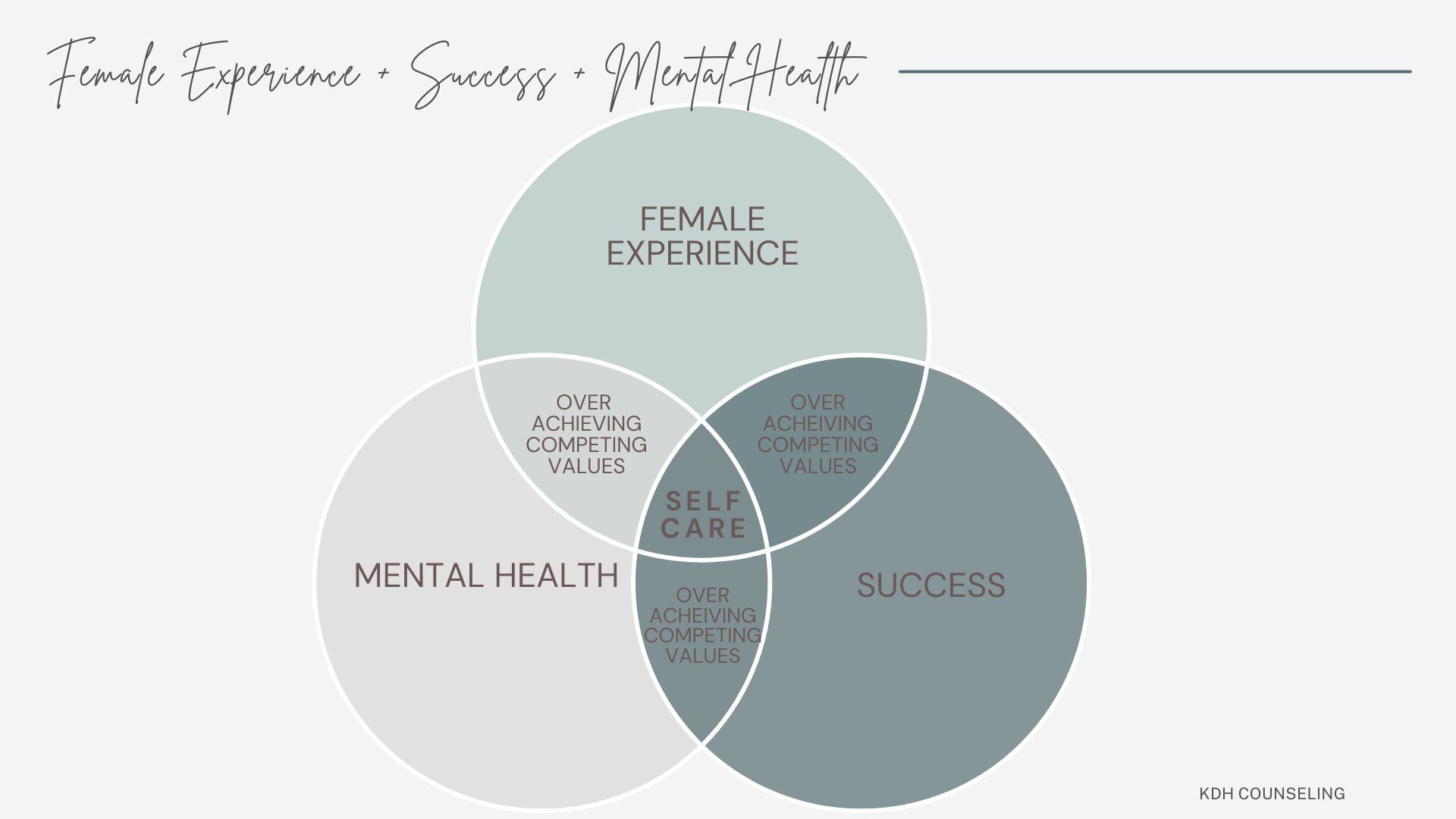How do I Grow Positive Feelings?
Can cultivating a daily habit of growing positive feelings begin with noticing gratitude or victories within ourselves and those around us?...

Most clients have no idea how long it will take to change reactions to symptoms or habits that are part of how they live their lives. Changing our reactions to symptoms depends on several factors such as how long we have been experiencing symptoms and maladaptive reactions. Are they connected to other habits or symptoms?
One example is how anxiety can be connected to alcohol use, avoidance of triggers, and maladaptive coping strategies like researching or reassurance seeking. Most people I see have barriers that they cannot overcome on their own. If they were capable of doing so they would not come to see me. These barriers have been in place for a long time and typically are in place in an attempt to protect them, however inconvenient they may be. I always try to address these barriers with compassion and love. Avoidance just creates more hurdles.Basically, talk to your therapist about reasonable expectations on time frame for therapy. Most people I see with a diagnosable disorder or with symptoms so severe that they are affecting daily functioning, need therapy consistently for at least a year, sometimes two.
These behaviors will interfere with therapeutic processes and generally consist of:
Skills must be practiced between sessions for change to occur. I always check to see what the barrier is for practicing the skills. As a result my clients and I can change course or work on smaller goals so that the barriers can be overcome. Skills learned in the good times can help individuals become experts at using them in the bad times. Of course if you are not attending sessions none of this can be assessed and in turn worked through.
I prefer a skills-based approach for treating disorders and symptoms. I find that individuals need a sense of control or confidence-building in order to manage internal worlds.
A common experience of trauma survivors is that they are left powerless. People report feeling better when they believe they have the ability to manage or have choices over uncontrollable emotional responses. I love assisting individuals in developing whatever skills will facilitate this process.
EMDR and ERP are process driven approaches that make order out of mental chaos. These methods help to break overwhelming anxiety and/or emotional responses into tangible pieces so that individuals can work through the most bothersome symptoms. Systematic approaches make the most sense and are evidence-based techniques that facilitate change. Ask your therapist about what approaches they use and research them online. Being informed can help you find your answers.
 5. Therapy is really about learning!!
5. Therapy is really about learning!! Therapy is not entirely composed of talking and listening, in fact it so much more, even though it is the cornerstone of our approach. It is only the beginning of what can occur. There are many different types of therapists and I recommend finding one whose approach resonates with you. If after several months you are not getting better, discuss with your therapist or find someone else. My door is rarely closed to individuals I see. They are free to see other therapists and honestly if they are not getting better I will discuss this with them. This approach is not due to shaming my clients but out of facilitating the therapeutic process. If I refer a client elsewhere it is because they need a skill set that I do not practice. My job is goal-driven and I am here to help you meet your mental health goals or assist you in doing so with me or someone else. Learning to manage your symptoms is how this occurs.
Again if you have any questions, do not hesitate to contact me or inquire of your therapist as this will be a 50/50 relationship. You must be honest with your therapist and if you don’t feel comfortable being honest, I suggest discussing uncertainties with them. It could be that you need a different therapist or that you need to give your therapist a chance. We are not mind readers, even though we are good at reading people, and sometimes we miss opportunities, therefore, it helps immeasurably if our clients let us know how they feel and what they think.

Can cultivating a daily habit of growing positive feelings begin with noticing gratitude or victories within ourselves and those around us?...

In today's fast pace and often unrelenting world, where success is measured through tangible achievements and milestones, it is imperative to focus...

I am told by my clients I am gentle, approachable, easy to talk to, and silly. However, working in a room with just one other person can make it...